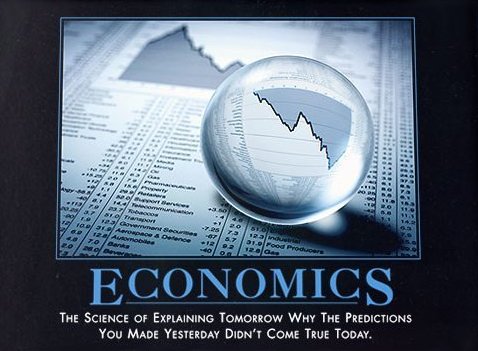Times are changing for Google...for the better. According to their SEC filings, Google employs over 23,000 people. They have assets valued at over $30 billion. A gross profit over $14 billion. Their stock price has increased from $100 per share in 2004 to $600 per share today. The two founders, Larry Page and Sergey Brin are the same age as Duffka but are worth considerably more. Larry Page owns 40,000 shares at about $600 a share his holdings in Google are worth about $24 million. Shriram Ram was the 1st investor in and currently owns 148,000 shares with a value of approximately $90 million. All of that aside, Google offers many "free" services which are really supported by the massive amounts of revenue generated by the paid ads from the search engine. The EU announced at the end of November that they are looking into accusations of how the search engine monopoly is being used to influence the search results to negatively impact competitors. One of the most vocal complaints was from "Ciao" which is owned by Microsoft. The Economist claims that because Google has turned itself into a verb it has a form of monopoly power. The Economist asks the question "Can You Dominate and Not Be Evil?" What do you think of Google's monopoly power? Do they have it? Should they be regulated?
Tuesday, December 14, 2010
Wednesday, December 8, 2010
Deficit vs. Recovery--The Leader is Recovery!
Rule number one in economics is people choose. The second rule is more painful all choices involve costs. Now that the leaders in Washington seem poised to increase the speed of the slow recovery, Duffka asks the question--what is the cost and, of course, the benefits. According to Mark Zandi from Moody's Analytics, "The proposed temporary tax cuts and spending increases will provide a substantial boost to growth in 2011. Instead of another year expanding at no more than the U.S. economy’s potential growth rate — with job gains of 1.2 million and unemployment hovering near 10% — real GDP growth will accelerate to 4%, job gains will pick up to 2.8 million, and the unemployment rate will decline to around 8.5% by year’s end." Economists know that close to 100% of spending on unemployment (it would be extended 13 weeks) compensation is spent and that has a large stimulative effect. Economist Paul Krugman of Princeton University, feels that businesses already have plenty of excess capacity (they are not using their fixed space productively) so they will not expand much this year and he thinks GDP will only be increased by .7%. The tax plan also includes a temporary payroll tax reduction that will lower many firms marginal cost and average total cost possibly increasing output by firms adding variable inputs (labor) which can lower unemployment if not too many discouraged workers return to the labor force looking for work. By the way the cost is expected to be over $700,000,000,000 over the next two years. Economics rule number 6: The Consequences of Choices Lie in the Future. No worries--the national debt is still just a tad under $14,000,000,000,000.
Center for American Progress analysis.
What do you think of the costs and benefits of this proposal? Who might you or your family benefit? What are the costs for you or your family?
Wednesday, December 1, 2010
Tracking Your Every Digital Move--Government or Advertisers?
Many people have long complained about the privacy issues regarding the Patriot Act and other government intelligence programs. Now BlueCava CEO David Norris has found a way to track digital devices, including cell phones and computers, legally. According to the Wall Street Journal, advertisers are looking for ways to legally track all of our movements in cyberspace. Every computer user has some unique settings that set their fingerprint apart from other users. This way, without knowing who the user is, advertisers can see where we click, what we like, and how we interact. Fingerprinting is almost invisible, difficult to stop and somewhat permanent. The advertising market is a $23 billion a year industry. The idea behind BlueCava's information is to allow advertisers build profiles of the people using the devices it has identified. Click here to see how this is accomplished.
Duffka's wonders if tomorrow's leaders feel this is an improvement in advertising where the benefit exceeds the cost of privacy?
Subscribe to:
Comments (Atom)





